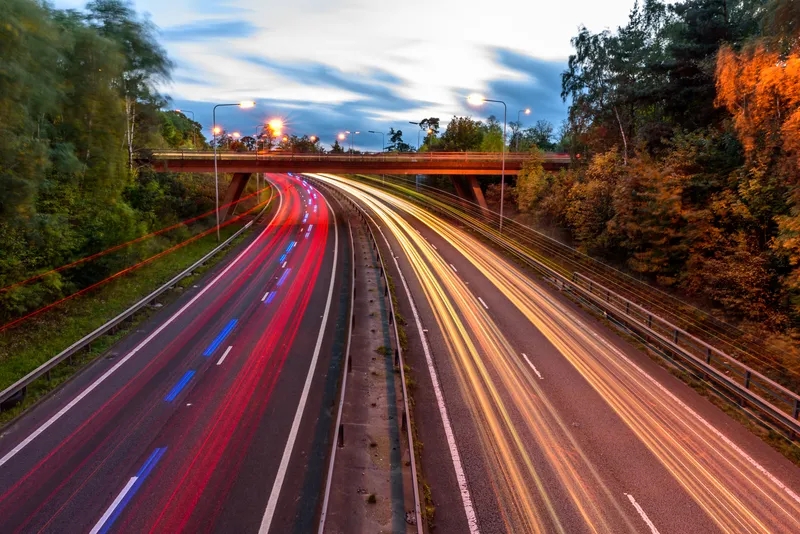Saving time and money is the big news at the Vaisala booth. In particular with its latest generation IRWIS remote weather station. Output from its latest remote, non-intrusive grip value sensors can be used without human interpretation to automatically send an alert to the traffic centre when a trigger value is reached.
According to the company’s marketing manager Jon Tarleton, the solution is well suited to future ITS solutions.
This not only ensures a faster response by the authorities to deteriora
June 1, 2015
Read time: 2 mins

Saving time and money is the big news at the 144 Vaisala booth. In particular with its latest generation IRWIS remote weather station. Output from its latest remote, non-intrusive grip value sensors can be used without human interpretation to automatically send an alert to the traffic centre when a trigger value is reached.
According to the company’s marketing manager Jon Tarleton, the solution is well suited to future ITS solutions.
This not only ensures a faster response by the authorities to deteriorating road conditions but also ensures that during winter storms the gritting trucks are only dispatched to areas where they are needed as determined by the trend of the actual measured grip values on that section of road.”
Further savings are available from the remote checking and maintenance of the latest sensors, so the number of times a technician needs to visit a weather station can be reduced, which represents a considerable cost saving for the authority. He added that some authorities are considering utilising vehicle-mounted sensors for their road condition monitoring but that the cost of accurate sensors will be too high to be included in most cars Using these readings could lead to less reliable monitoring.
According to the company’s marketing manager Jon Tarleton, the solution is well suited to future ITS solutions.
This not only ensures a faster response by the authorities to deteriorating road conditions but also ensures that during winter storms the gritting trucks are only dispatched to areas where they are needed as determined by the trend of the actual measured grip values on that section of road.”
Further savings are available from the remote checking and maintenance of the latest sensors, so the number of times a technician needs to visit a weather station can be reduced, which represents a considerable cost saving for the authority. He added that some authorities are considering utilising vehicle-mounted sensors for their road condition monitoring but that the cost of accurate sensors will be too high to be included in most cars Using these readings could lead to less reliable monitoring.








